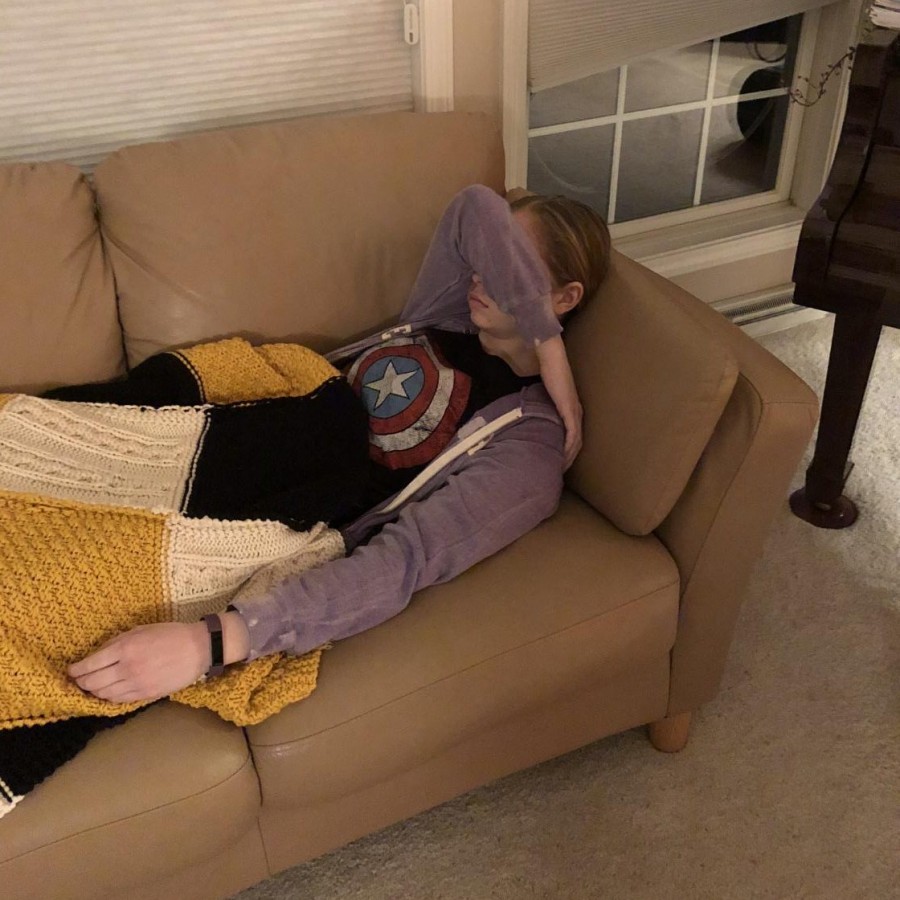Words of self-aimed ridicule can be heard in abundance in the halls of Pleasant Valley High School during school hours. Chatter amongst students often involves phrases such as: “I hate myself”, “I’m so ugly” and “Why am I so stupid?”. Pleasant Valley is not the only district guilty of this behavior, as self-deprecation has become a popular form of humor across Western culture.
Self-deprecation has increasingly integrated itself in society, primarily amongst teens, as a form of humor through self-degradation in everyday conversation.
An article published by Affinity Magazine spoke on the topic of why self-deprecation is increasing among the youth. Possible reasons as to why people use the humor include trying to hide the real and negative emotions/feelings the individual could be experiencing or a subtle cry for help due to the individual having no one else to turn to.
Changing the way one thinks will have an impact on the state of mind as reported by Affinity, “trading negative jokes for positive self-talk can boost self-esteem, which improves our relationships.” The article went on to say when people belittle themselves, the brain takes those words and thoughts as fact, which manifests as a real characteristic of the individual.
Research supports the previous statement because it shows the way people speak to themselves affects how they perceive the world and how the world perceives them.
Kaitlyn Dwyer, the Temporary Licensed Mental Health Counselor and School Based Therapist at Pleasant Valley, interacts with many young children on a regular basis. She has found many of them use the self-degrading tactic. In today’s society it is viewed as “normal/okay.” It can lower self-esteem and can be a detriment to relationships and mental health.
Dwyer’s own experiences line up with the research found on the topic: according to Dwyer, the brain starts to believe the negativity that is typically overused. Often times it is indeed used to cover up depression or other issues. She stated, “It is healthy to laugh at yourself—to a certain point, but there is a thin line between a harmless joke and self-hate.”
Vaishali Patel, a registered psychotherapist from Canada, asserted in her blog there is a clear distinction between modesty and pure self-deprecation, and people frequently sacrifice their self-worth for the enjoyment of others.
Senior, Gillian Geist, found herself using self-deprecation as a form of humor at the start of high school. She uses it daily. Geist believes it is a coping mechanism to deal with problems such as depression, suicidal thoughts and anxiety.
Despite her frequent use of the humor, she doesn’t completely support it one way or another, “I think we shouldn’t joke about mental illnesses, but at the same time it’s hard not to.” Geist admitted to the ease of freely joking about mental illnesses in modern society where it is acceptable and “relatable” to do so. She speculated the circumstance to be a catalyst of its popularity.
Dwyer’s advice to those seeking guidance for improving the mental state comes in steps. The first step is to identify troubling conditions or situations, then become aware of thoughts and beliefs. Challenge negative or inaccurate thinking, adjust thoughts and beliefs and most importantly, “Stop comparing yourself, look at the big picture, choose positivity, and take care of yourself”.









